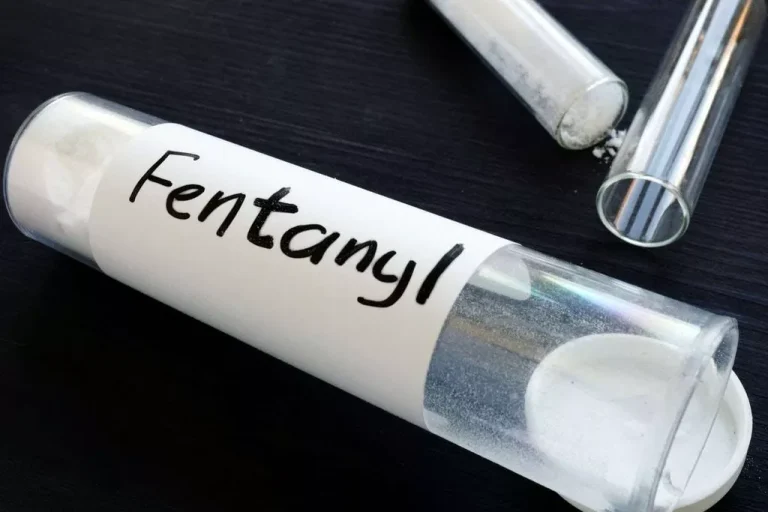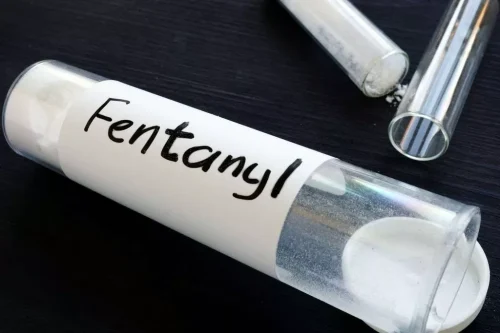
But we can also implement mindful drinking for a more extensive approach to bettering our relationship with alcohol. The main argument against moderate drinking is that any amount of alcohol can be harmful. Alcohol is toxic to our body, and major health authorities such as the World Health Organizations (WHO) hold that no amount of alcohol is safe.
- He found that the vast majority of them eventually became nearly or completely abstinent.
- You have experienced enough consequences in your day-to-day life that nobody needs to tell you that they are tired of your addictive behavior.
- This moderation management strategy involves avoiding medication and alcohol abuse.
- Through their relationship, Pond says he maintained that abstinence for five and a half years, before starting to drink again.
How to Know When it’s Time for Drug and Alcohol Treatment …
Proactively cutting back on drinking can start to illuminate how drinking less can give you more, and create the mental clarity to identify your goals and values. There are no requirements for changing your relationship with alcohol and seeking treatment. Research indicates that while the likelihood of avoiding heavy alcohol consumption is highest in abstinence-focused individuals, those with moderation objectives were also able to reduce their alcohol use. An individual’s ability to avoid excessive drinking is also influenced by other factors such as past alcohol consumption, as reflected by an alcohol use disorder diagnosis.
What Is Drinking in Moderation?

Moderate drinking can be a form of mindful drinking, as we’re setting limits on how much we’re choosing to drink. He added that Palmer and Pond’s story is a reminder that cutting down on alcohol use “can be a moving target,” requires a pragmatic approach and that support from loved ones can be critical. Palmer, 67, has first-hand experience with these strategies, as her partner Pond, 71, previously struggled with alcohol dependence for five decades. “The other thing is I’m writing primarily for the loved ones of drinkers, heavy drinkers. And I’m saying you don’t have to quit on the relationship, as well.”
Exclusive Alcohol Addiction Help for People of Extreme Wealt…
Ways you can try to relieve stress include reading, https://ecosoberhouse.com/ listening to music, going for a walk, and taking a bath. Ben Lesser is one of the most sought-after experts in health, fitness and medicine. His articles impress with unique research work as well as field-tested skills. He is a freelance medical writer specializing in creating content to improve public awareness of health topics.
- If you want to resolve problem drinking without medication, abstinence may be a better choice for you.
- When out for a nice dinner or attending a get-together, she still wanted the freedom of having a drink or two.
- Most people who seek out moderation management (MM) have already tried and been unsuccessful at stopping drinking or cutting down on their use.
The Problem Drinker

His friends rally around him, offering alternatives and moral support to help him kick the habit for good. Yet in the background, Joey continues to puff away, confident in his ability to moderate. This contrast between Chandler’s all-or-nothing approach and Joey’s more relaxed attitude illustrates the conundrum many of us face when it comes to quitting or cutting back on alcohol.
There are lots of options and lots of different supports out there. If at first you don’t succeed, try again with a different approach. It’s normal for people to resist the idea of stopping drinking completely when they begin to realize that jobs, health or relationships are jeopardized due to a drinking problem. They want to learn to drink less and to quit before they reach intoxication. The treatment plan promoted by AA is based on a 12-step programme designed to help you overcome your addiction.

Drug and Alcohol Treatment and Recovery: the Benefits of Veg…
The alcoholic, on the other hand, will not be able to quit despite consequences successfully. They will not likely be able to put down the drink for an extended period without professional intervention. These individuals know alcohol affects their personal and professional lives directly, but they can’t stop drinking. Abstinence is the prevalent recommendation in the treatment of alcohol use disorder (AUD), but there is also evidence supporting the benefits of drinking in moderation. The moderation management program urges you to zero in on your substance misuse designs. Those are significant inquiries because their answers uncover wounds that need fixing and an overall absence of adapting abilities.
- On the other hand, upon cutting back on drinking, many heavy drinkers experience improvements in sleep, cognitive function, weight loss, productivity, interpersonal relationships, energy, and overall mental health.
- What works for one person is not the same as what works for another.
- However, moderation is often a more realistic goal, or at least a first step on the way to abstinence.
- Our program offers expert medical support, recovery coaching, and a variety of tools and resources—all delivered 100 percent virtually.
- Reframe supports you in reducing alcohol consumption and enhancing your well-being.
Knowing the warning signs can be critical in determining when to seek treatment. Moderation or abstinence can be a viable tool for adapting ones’ relationship with alcohol when safely achieved. However, for heavy drinkers and those with an addiction, reducing the number of drinks they consume without supervised help can lead to unintentional alcohol withdrawal. Identifying situational factors such as our individual goals and alcohol’s negative effects on our life can help us decide between drinking moderately and abstinence.

Quitting alcohol completely can be Sober living house a challenge, but there are more ways to do it than ever before. Hello Sunday Morning changing the world’s relationship with alcohol. There are a number of specialist alcohol services that provide help and support for the relatives and friends of people with a dependence on alcohol. Living with someone who misuses alcohol can be stressful, so receiving support can often be very helpful. 12-step facilitation therapy is based on the programme devised by AA.
The difference is you work through the stages on a one-to-one basis with a counsellor, rather than in a group. Nalmefene (brand name Selincro) may be used to prevent a relapse alcohol abstinence vs moderation or limit the amount of alcohol someone drinks. Naltrexone can be used to prevent a relapse or limit the amount of alcohol someone drinks. You should also try to avoid substances that give off alcoholic fumes, such as paint thinners and solvents. If your dependency is severe, you may need to go to a hospital or clinic to detox.


